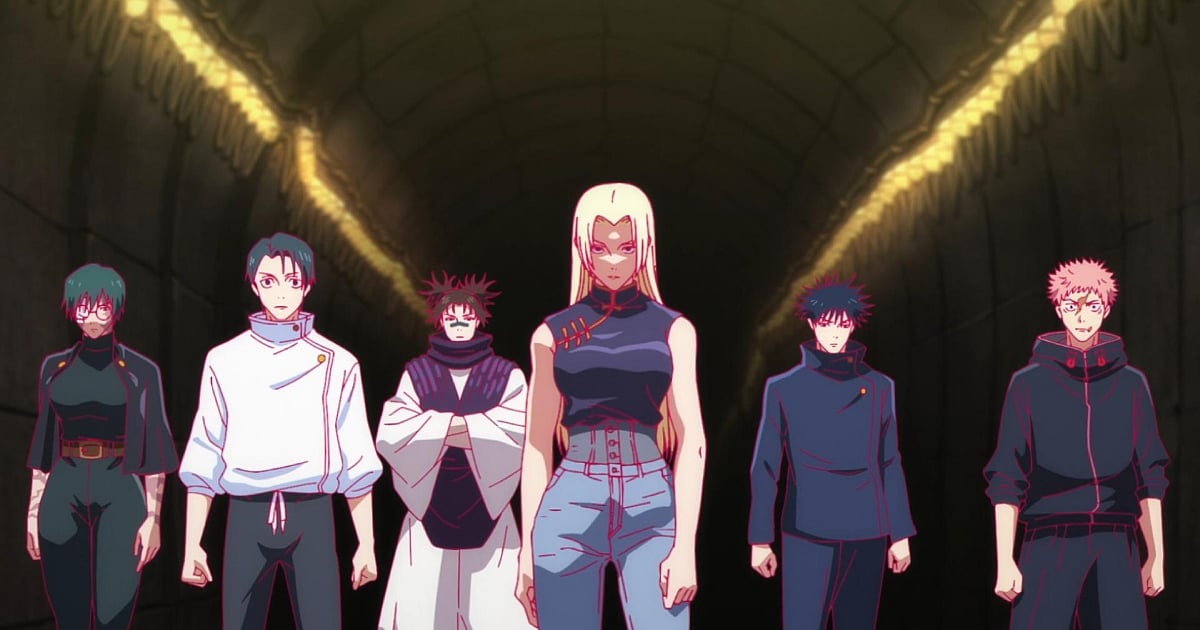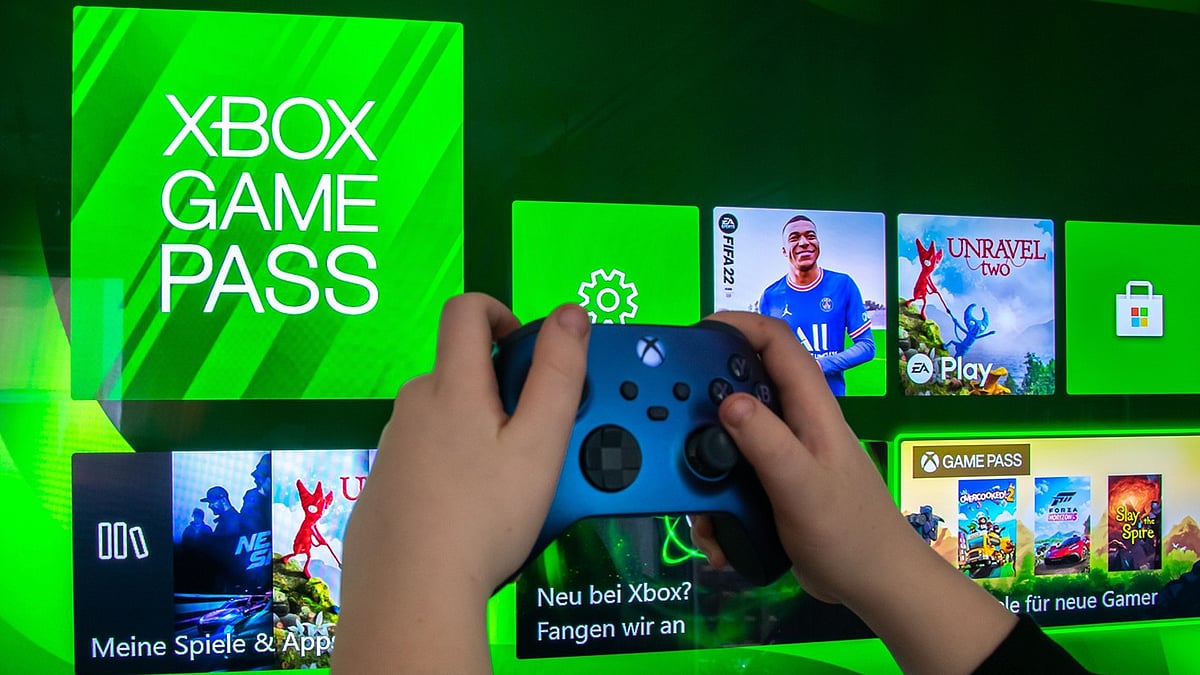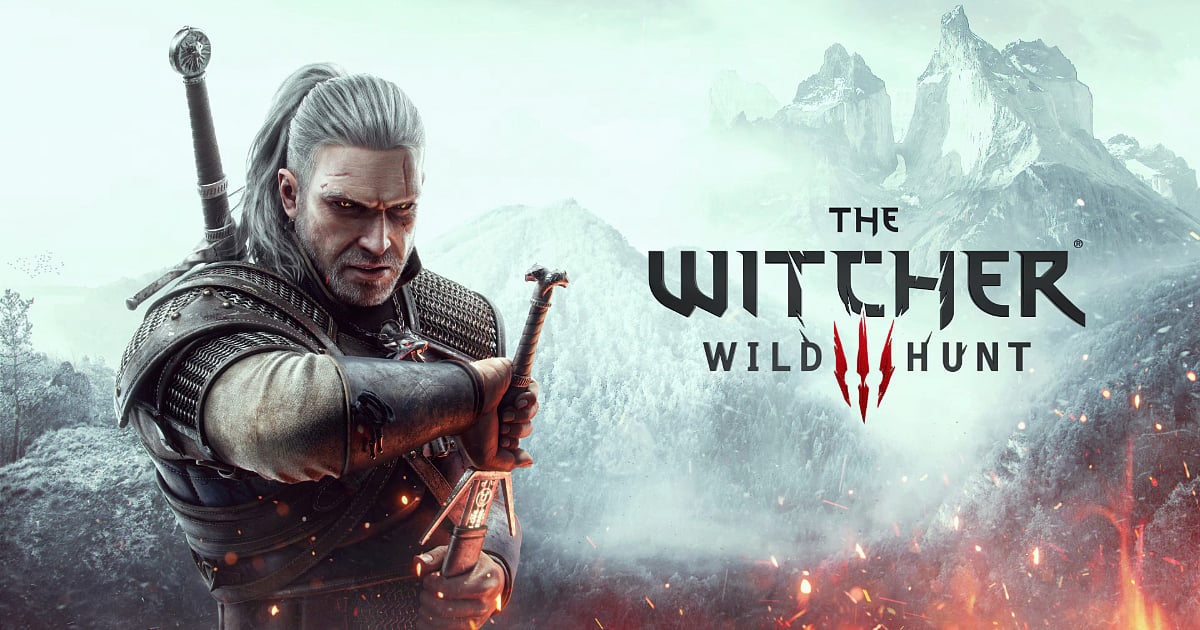
How Gaming Costs Shift With GST 2.0
How Indian Gaming Costs Shift With the 2025 GST Overhaul
Highlights
- Most gaming items, digital services, and hardware remain at 18% GST, but a new 40% “sin” rate punishes large events and real-money games.
- Big gaming monitors (above 32 inches) drop from 28% GST to 18%, making high-end PC setups more affordable for enthusiast builders.
- All real-money gaming is banned from August 22, removing previous 28% GST; skill-based services and esports earn clarity but face complex compliance.
India’s revised GST rates, effective September 22, mark the most significant reset for the nation’s gaming sector since the tax’s introduction. The new regime restructures rates to just two main slabs of 5% and 18%. This levy applies to items and activities deemed socially harmful or luxurious, such as tobacco, sugary drinks, premium vehicles, and gambling-related activities, including online real-money gaming and betting.
While real-money gaming is now banned by law and excluded from GST, the reforms affect nearly every other gaming-related expense, from console purchases to tournament tickets and digital subscriptions.
Hardware
Before Sept 22, 2025:
- Most gaming hardware like consoles, desktops, laptops, motherboards, RAM, SSDs, and standard accessories were taxed at an 18% GST slab.
- Monitors above 32 inches attracted a higher 28% GST rate, making premium high-end monitors significantly more expensive for PC builders.
After Sept 22, 2025:
- Virtually all gaming components, accessories, and consoles now uniformly attract an 18% GST rate.
- Large monitors (above 32 inches) benefit from a notable rate cut from 28% to 18%, easing costs for gamers and PC enthusiasts investing in high-end setups.
Subscriptions and Games
Before Sept 22, 2025:
- Digital subscription services like PlayStation Plus, Xbox Game Pass, and in-game battle passes were taxed at 18% GST.
- This structure remained consistent across most types of digital gaming services.
After Sept 22, 2025:
- The 18% GST rate on such subscriptions remains unchanged.
- Gamers can expect no increase in GST-based costs on recurring digital memberships.
Esports Events and Tickets
Before Sept 22, 2025:
- Tickets priced below INR 500 were exempt from GST.
- Tickets costing more than INR 500 attracted 18% GST.
- Large-scale luxury events, like IPL matches, carried additional cesses or were classified under “luxury entertainment,” sometimes taxed at higher rates near 28%.
After Sept 22, 2025:
- Tickets priced below INR 500 remain exempt.
- Tickets priced at INR 500 and above continue to attract 18% GST.
Professional Streamers and Content Creators
Before Sept 22, 2025:
- Income from Indian streaming platforms (YouTube, Twitch, Rooter) over INR 20 lakh was taxed at 18% GST.
- Earnings from foreign platforms such as YouTube AdSense or Twitch donations were treated as exports of services and exempt from GST.
After Sept 22, 2025:
- The GST structure remains the same for content creators.
- Earnings above INR 20 lakh Indian rupees continue to be taxed at 18%.
- Foreign platform income remains zero-rated under GST’s export of services rules.
Cyber Cafes and Gaming Lounges
Before Sept 22, 2025:
- Gaming lounges and cyber cafes were taxed under the 18% GST slab as entertainment/hospitality services.
After Sept 22, 2025:
- The rate remains unchanged at 18%.
- Businesses may adjust pricing to balance new compliance costs, potentially making visits costlier for consumers.

Author
Abhimannu Das is a web journalist at Outlook India with a focus on Indian pop culture, gaming, and esports. He has over 10 years of journalistic experience and over 3,500 articles that include industry deep dives, interviews, and SEO content. He has worked on a myriad of games and their ecosystems, including Valorant, Overwatch, and Apex Legends.
Abhimannu Das is a web journalist at Outlook India with a focus on Indian pop culture, gaming, and esports. He has over 10 years of journalistic experience and over 3,500 articles that include industry deep dives, interviews, and SEO content. He has worked on a myriad of games and their ecosystems, including Valorant, Overwatch, and Apex Legends.
Related Articles







